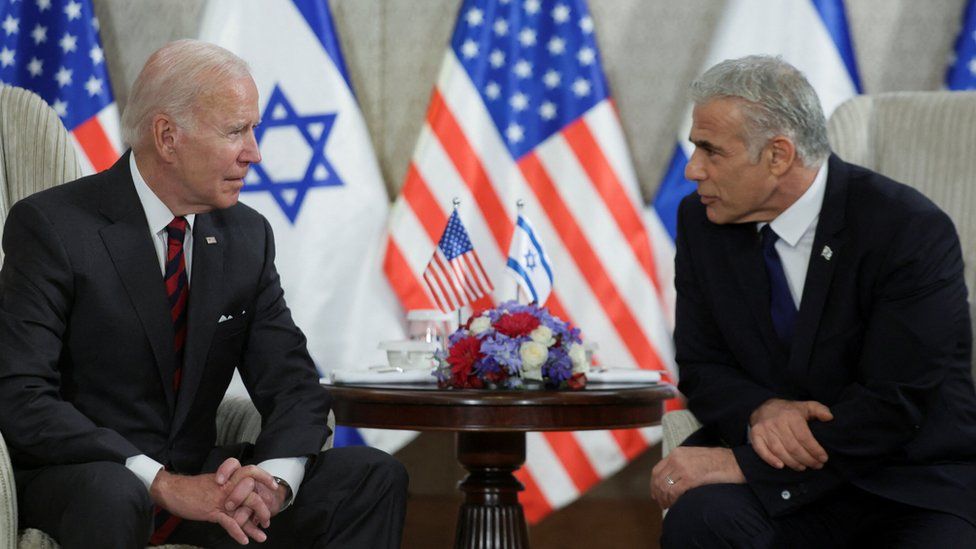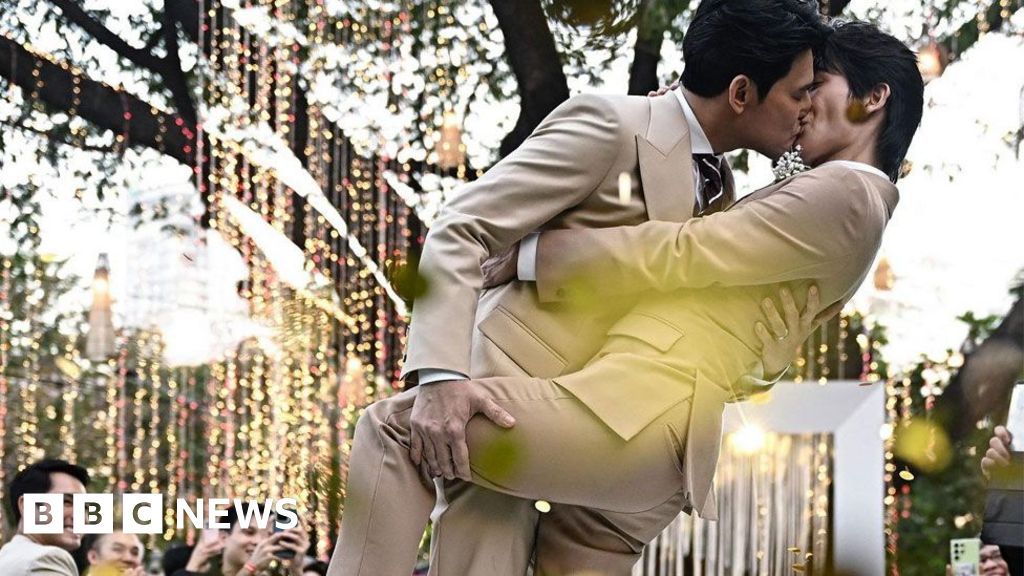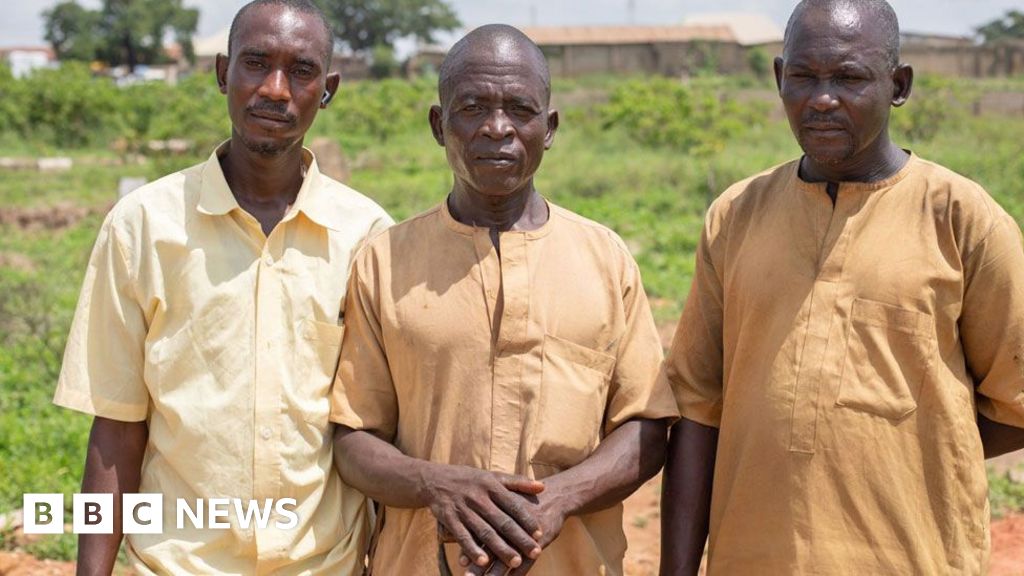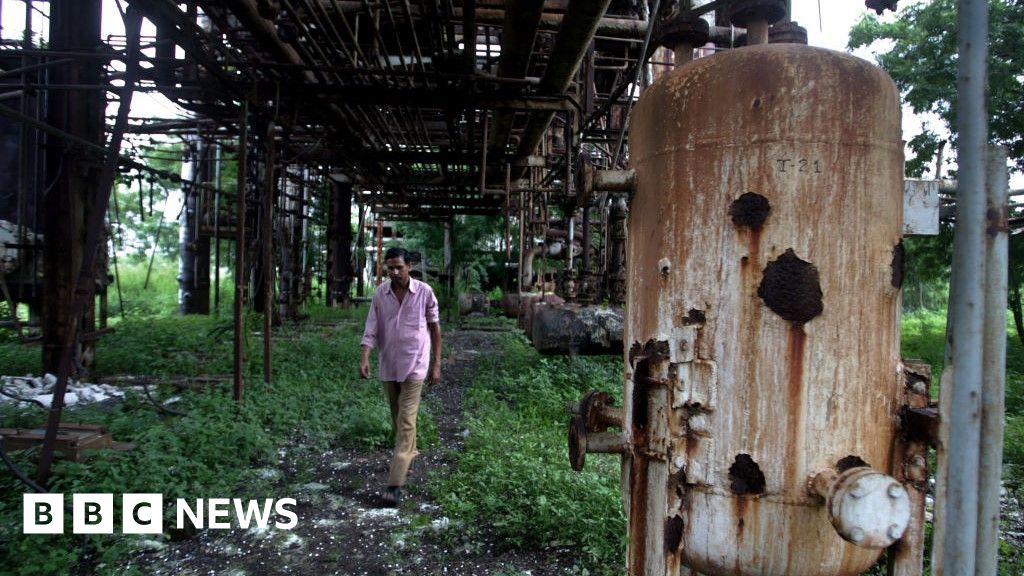ARTICLE AD BOX
By Raffi Berg & Tom Bateman
BBC News, London & Jerusalem
 Image source, Reuters
Image source, Reuters
Joe Biden held talks with Israeli Prime Minister Yair Lapid on the second day of his Middle East tour
President Joe Biden has pledged that the US is "prepared to use all elements of its national power" to stop Iran from getting a nuclear weapon.
Mr Biden made the declaration with Israel's Prime Minister Yair Lapid on the second day of his visit there.
Israel considers the Iranian nuclear programme to be its greatest threat, though Iran insists it is peaceful.
The president will hold talks with Palestinian officials on Friday before a controversial visit to Saudi Arabia.
Mr Biden outlined a series of strategic commitments underpinning the US relationship with Israel - its closest regional ally - in a document known as the Jerusalem US-Israel Strategic Partnership Joint Declaration.
He also pledged that the US would "work together with our other partners to confront Iran's aggression and destabilising activities", including Iran's use of "terrorist organisations such as Hezbollah, Hamas and Palestinian Islamic Jihad".
The US and Israel have long accused Iran of state-sponsored terrorism in the Middle East and further afield. Iran provides funding, training and weapons to Lebanon's powerful Hezbollah movement, and the Palestinian groups Hamas and Islamic Jihad in the Gaza Strip.
Iran denies that it sponsors terrorism and says the organisations it backs are resistance groups fighting Israeli and US aggression.
Image source, Getty Images
Image caption,Mr Biden will fly on Friday from Israel to Saudi Arabia, where he last visited as vice-president in 2011
Iran is embroiled in a crisis with the US and other Western countries over its nuclear programme. It has breached limits imposed under a 2015 international agreement that began to unravel after Mr Biden's predecessor, Donald Trump, abandoned it in 2018 and reinstated crippling economic sanctions.
Tehran says its nuclear programme has always been entirely peaceful, but Western powers and the global nuclear watchdog say they are not convinced.
While the US and Israel have repeatedly said they would never allow Iran to obtain nuclear weapons, the two allies differ on how.
Mr Biden wants to revive the 2015 deal with tougher terms - although months-long talks aimed at getting the agreement back on track have stalled.
Israel wants Iran's nuclear programme stopped altogether and has said it reserves the right to use force if it has to.
In an interview with Israel's Channel 12 TV on Wednesday, Mr Biden also said the US would be prepared to use force against Iran "if that was the last resort".
The president's trip has brimmed with adjectives about the unshakeable, iron-clad or bone deep bonds between Israel and the US. But in reality some Israelis are jittery about the impact of America's polarised politics on its long-term support.
In the interview, Mr Biden was asked about voices in the Democratic Party who describe Israel as an apartheid state and call for an end to unconditional American military aid. He said those views were "few and wrong", adding that there was no possibility of his party walking away from Israel.
On Friday, Mr Biden will hold talks with Palestinian President Mahmoud Abbas in Bethlehem, in the occupied West Bank.
The Palestinians want the US to do more to re-start peace talks with Israel and to reopen the US consulate in Jerusalem, which served as a de facto embassy to the Palestinians before it was shut by the Trump administration in 2019.
However, Mr Lapid is not expected to make diplomatic overtures towards the Palestinians ahead of the Israeli general election in November, and the Biden administration has said it is not yet ready reverse the US consulate's closure.
The main focus of Mr Biden's Middle East tour though will be his visit to Saudi Arabia, under the spotlight due to tensions with the US over human rights.
Mr Biden has faced criticism over his planned meeting on Saturday with the kingdom's de facto leader, Crown Prince Mohammed bin Salman, who was accused by US intelligence agencies of approving the murder of Saudi dissident journalist Jamal Khashoggi in Turkey in 2018. The prince denied the allegations, and Saudi prosecutors blamed "rogue" Saudi agents.
When he was campaigning for the presidency in 2019, Mr Biden vowed to make Saudi Arabia "the pariah that they are" for killing Khashoggi, who lived in the US and wrote a column for the Washington Post.
Mr Biden will become the first US president to fly directly to Saudi Arabia from Israel, which is seen as a small but significant sign of Riyadh's growing acceptance of Israel after decades of boycott in solidarity with the Palestinians.
You may also be interested in:
Watch: Guns and grief on the rise in the West Bank

 2 years ago
23
2 years ago
23








 English (US) ·
English (US) ·